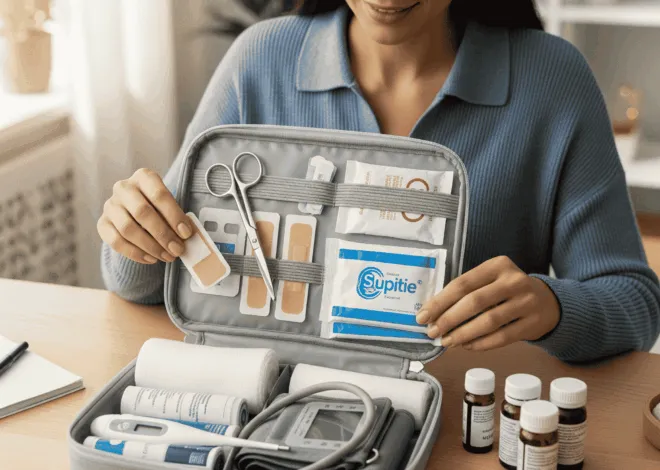Women deal with pregnancy issues throughout their lives. Either you worry about getting pregnant when you are not ready, or not getting pregnant when you finally want a child. Working women today might delay childbearing until they reach 40 and then that find getting pregnant can be work — mixed in with some pleasure.
The Fertility Slope
You are born with all the eggs you will ever have and the quantity and quality of available eggs declines with advancing age. Medical opinions differ about what age is too old to conceive children, but in general, fewer women conceive naturally at 40 than at 30. Even when you do become pregnant at a later age, your eggs might contain genetic abnormalities; the incidence of spontaneous abortion or miscarriage is 51 percent for women between the ages of 40 and 44, according to MayoClinic.com.
Making Time
You do not get pregnant just by reading about it; you need to make time for baby making. You likely have an active full schedule and might be tired or stressed after working a full day. Making love is not spontaneous when you have a goal in mind and your partner might resent pressures to perform on schedule. Additionally, it takes two to make a baby and your male partner might have fertility issues. If he has a low sperm count or other type of sexual dysfunction, getting pregnant may take longer than you expect.
Conditions
At 40, you have a longer medical history than you did at 20 and some medical conditions might make getting pregnant more difficult. According to Dr. Larry Parker, board certified fellow of the American College of Obstetricians and Gynecologists, many women get uterine fibroids. Fibroids are benign growths, but large or numerous fibroids that deform the uterine wall can increase the likelihood of miscarriages, says Dr. Parker. Scarred fallopian tubes from previous infections and endometriosis, a disorder in which tissue that normally lines the inside of your uterus grows outside your uterus, can also result in infertility.
Getting Help
There are a variety of fertility drugs available, which have varying success rates. Fertility drugs are a usual treatment for women with ovulation disorders. IVF, or in vitro fertilization, involves fertilization outside the uterus with the fertilized egg or eggs then being transferred into the woman’s uterus. This procedure is expensive and involves daily shots, as well as numerous blood tests and ultrasounds; it also has varying success rates. Getting pregnant after 40 may be easier with a donor egg. Paying for an egg donation from a screened younger donor is another viable option, but it is also expensive and means you will not share your genes with your child. For some moms, egg donation is a good solution to fertility problems, but for others, it might not be satisfactory.
Alternatives
When you cannot conceive naturally and you do not want to go through expensive and intrusive medical procedures, adoption is an alternative. Some older couples seek to adopt in foreign countries where parental age limits are higher than in the United States, but you must deal with a reputable agency to avoid legal problems and potential heartache.





